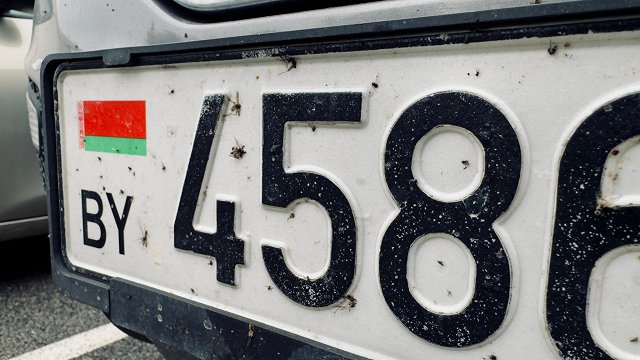Unlike other cargoes of fertilizers subject to the sanctions regime, which started to be exported following a decision of the State Environmental Service, in this case, the Service does not intend to act in the same way.
At the beginning of the summer, the ship's team asked for help because it had run out of fuel, drinking water, and accumulated waste. The cargo ship can neither leave nor return to the port – the potassium chloride on it belongs to a company subject to sanctions imposed on Russian businessman Dmitry Mazepin.
About a week after Russia's invasion of Ukraine, the already partially loaded “Asian Majesty” ship entered the port of Riga from St. Petersburg. Here, the “Riga fertilizer terminal” continued to fill it with potassium chloride, and since March 5, the ship with a cargo of 54,931 tonnes of fertilizer has been in the Gulf of Riga, a port anchorage.
Two months later, the ship asked for a permit to leave the port with the cargo. The customs refused.
“This item is not a sanctioned item,” said Raimonds Zukuls, director of the Customs Administration of the State Revenue Service (VID). “But here's the story of its owner being a sanctioned person. And the customs authority, in the performance of its tasks of competence, shall not permit the removal of this cargo on the basis of the fact that the goods belong to a sanctioned person.”
The owner of the vessel is a company established in Singapore and the ship itself and its crew are not subject to sanctions. It could leave the territory of Latvia if it did not contain the specific cargo, which is considered to be a frozen economic resource.
For several months, at least five institutions have been working on a solution to do with the ship and its cargo – the Ministry of Foreign Affairs, the State Environmental Service, the Finance and Capital Market Commission, the VID and the Riga Free Port Board.
However, there are still no specific scenarios, and there are no forecasts to come. Customs have offered to load the cargo in one of the warehouses in the European Union. The “Riga Fertilizer terminal” cannot take the cargo back since its equipment is intended solely for loading vessels but not for unloading.
“The technical problem here is that the terminal is constructed to work coast-to-ship, so it does not really have the option of loading this cargo back into a cargo warehouse on the shore, using existing technologies. So maybe another solution needs to be looked for,” said Ansis Zeltiņš, manager of the Free Port of Riga. “Obviously, through other berths, via rail, or other warehouses have to be used. There's a question again about [who] is prepared to do it, who pays for it [...]."
“The additional complexity is caused by the fact that there is a very complicated communication with ship owners and cargo owners, they are not legal persons under the jurisdiction of Latvia. And so far, there has been no real constructive response to, for example, information from customs colleagues that this cargo can be unloaded at any port in the European Union where it is technically feasible. That cargo would then be frozen and the ship could go away. There are a number of complex components that make this procedure quite complicated,” said Foreign Ministry's representative Kristīne Līce.




























